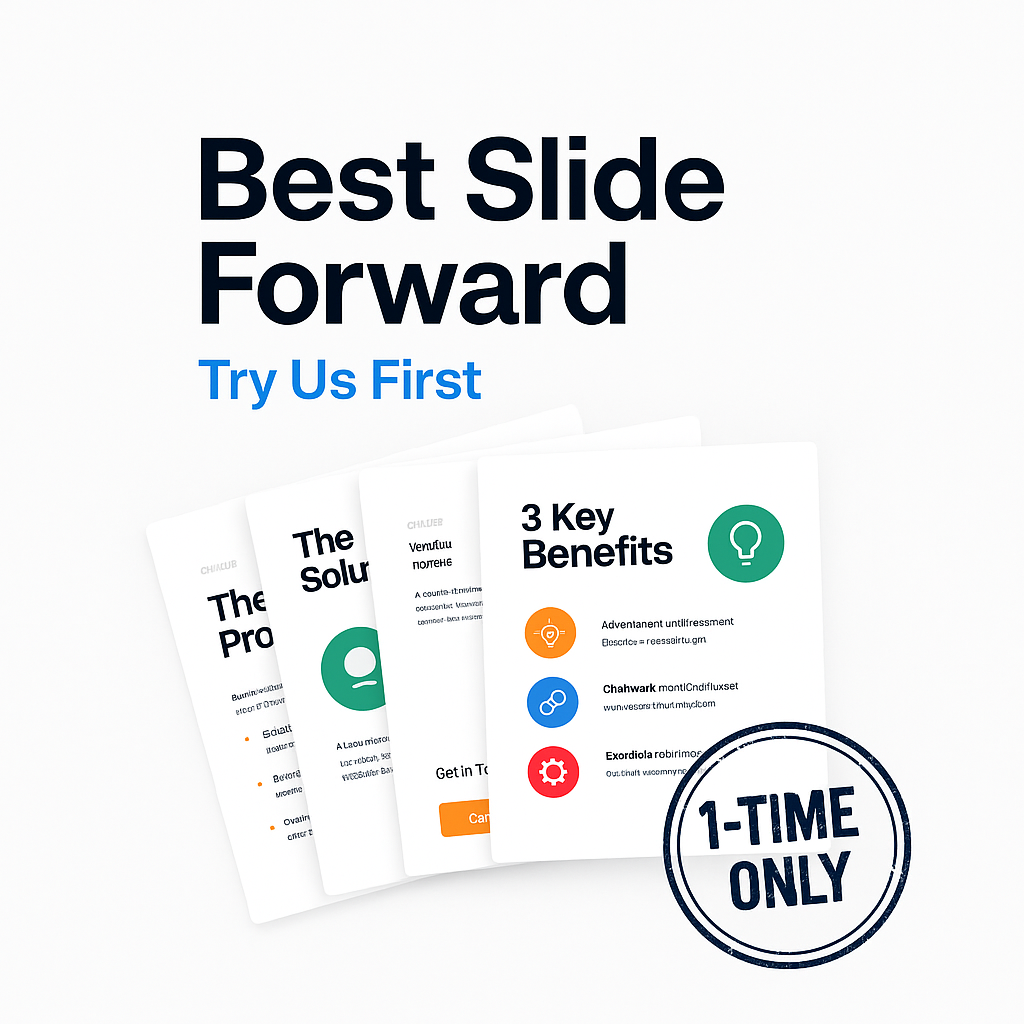Types of Carousels We Create — And Why "Salesy" Doesn't Sell
At SaaSili.Digital, we don’t just make pretty slides.
We craft strategic, conversion-ready carousels that move the needle for your SaaS brand — whether that's partner engagement, lead gen, or product adoption.
But let’s get one thing straight:
🚫 Pure sales carousels don’t work.
People don’t want to be sold to. They want to learn, get inspired, and understand why you matter.
What Works Instead?
Great carousels position you, educate your market, and start conversations that lead to pipeline.
Here’s a breakdown of the carousel types we design — each tailored to a specific GTM goal:
1. Pain + Insight = Attention
Use for: Demand gen, founder POV, social proof
-
Examples:
-
“Why your partner program is failing”
-
“3 signs you’ve outgrown your CRM”
-
“The real reason SDRs skip your enablement content”
-
🎯 These spark curiosity and empathy. They hook attention by naming the real problems your ICP faces — and they build trust by showing you get it.
2. Frameworks & Fixes
Use for: GTM activation, product marketing, enablement
-
Examples:
-
“The 5-slide framework for product-led onboarding”
-
“How to run a co-sell motion that AEs actually want”
-
“Use this content model to 10x your demo-to-close rate”
-
People love playbooks. These carousels break down your unique method or point of view, showing prospects how you help — not just what you offer.
3. Partner & Channel Carousels
Use for: Partner awareness, SE/AEs enablement, co-marketing
-
Examples:
-
“How we help AEs close faster with XYZ integration”
-
“Built for ISVs. Backed by our partner GTM ops.”
-
“The 3-part activation flow your partners will thank you for”
-
Perfect for ecosystems. These carousels position your solution within the channel narrative and help sellers or SEs explain your value better.
4. Product Launch or Feature Deep-Dives
Use for: Launch campaigns, activation, internal enablement
-
Examples:
-
“Introducing Signal Sync: real-time alerts, no more guessing”
-
“Here’s how we built native sandbox testing in 2 weeks”
-
“New release? Here’s how to talk about it.”
-
These help you launch with context. They're not just “here’s our new feature” — they tell why it matters, who it’s for, and what to do next.
5. Social Proof & Case Snaps
Use for: Trust-building, mid-funnel, warm-up content
-
Examples:
-
“How a Series A Fintech shortened onboarding by 72%”
-
“What happened when we ran our framework with 3 partners”
-
“Before & after: co-sell motion results in 3 weeks”
-
These stories build belief. Keep them punchy, anonymized if needed, and always tied to outcomes.
So… Why Not Just Sell?
Here’s the truth:
Purely promotional carousels get ignored.
They feel like ads — and people scroll past ads.
What works:
-
Speaking to problems, not product
-
Leading with insight, not logos
-
Showing how you think, not just what you do
Sales come after trust, relevance, and clarity.
Summary: Carousels That Drive Results
| Carousel Type | Goal | Why It Works |
|---|---|---|
| Pain + Insight | Demand capture | Resonates, creates urgency |
| Frameworks | Education & POV | Shows your unique value |
| Partner GTM | Channel activation | Helps others sell you |
| Product/Feature | Launch & adoption | Tells a story, not just specs |
| Case Snapshots | Proof & momentum | Builds credibility |





